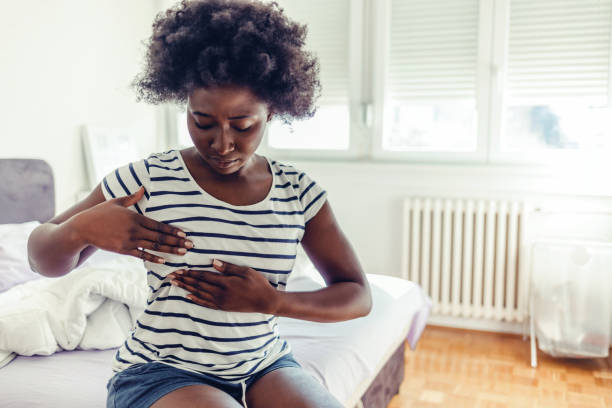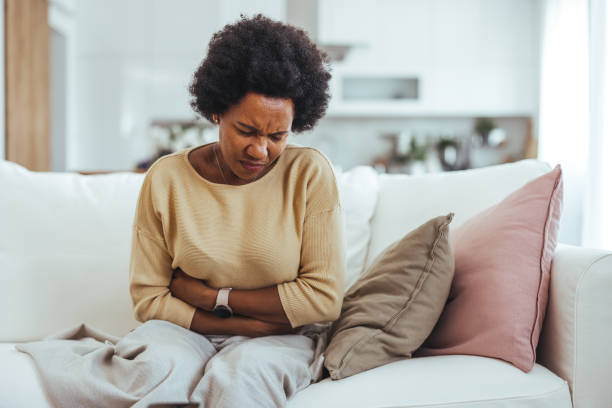By Evans Matthews
When people think of breast cancer, they often imagine it as a disease affecting older women. However, recent trends show a growing number of women in their 20s and 30s being diagnosed—often at advanced stages due to delayed detection.
“Young women are not immune,” says Dr. Aisha Rahman, an oncologist at the Global Health Alliance. “We’re seeing more cases in women under 40, and the outcomes can be more aggressive.”
The Rising Numbers
Globally, breast cancer remains the most common cancer among women. While the majority of cases occur in women over 50, studies from the World Health Organization and the American Cancer Society reveal a concerning increase in diagnoses among younger women. In countries like Nigeria, India, Brazil, and the U.S., late-stage detection among young women is common, partly due to a lack of awareness and routine screening.
“Younger patients often dismiss early symptoms as hormonal changes or stress-related,” notes Dr. Maria Gonzalez, a breast cancer specialist in Mexico City. “But by the time they seek help, the cancer may have spread.”
Know the Signs
Breast cancer in younger women can present differently. Some common warning signs include:
A new lump or mass in the breast or underarm
Unexplained changes in breast size or shape
Skin dimpling or nipple inversion
Redness or unusual discharge
It’s essential to know what’s normal for your body and speak up when something feels off.
Why It’s Often Missed
Routine mammograms are generally not recommended for women under 40 unless they have a strong family history. This gap in screening means many young women are diagnosed only after symptoms appear. Moreover, cultural taboos and misinformation in many societies discourage open conversations about breast health.
“I ignored my symptoms for months,” shares 29-year-old breast cancer survivor Lindiwe Moyo from South Africa. “I thought I was too young for cancer. That delay almost cost me my life.”
What You Can Do
Self-awareness: Regular breast self-exams help you become familiar with how your breasts normally look and feel.
Family history: If breast or ovarian cancer runs in your family, speak to a healthcare provider about genetic testing and early screening.
Healthy lifestyle: Maintain a balanced diet, exercise regularly, and limit alcohol consumption—factors linked to reduced cancer risk.
Advocate: Push for better awareness campaigns and access to early diagnosis tools in underserved areas.
Final Thoughts
Breast cancer in your 20s and 30s is rare, but it’s real—and potentially deadly. Early detection saves lives. “Listen to your body,” urges Dr. Rahman. “And never let age be the reason you stay silent.”
Every young woman, everywhere, deserves to know that breast cancer doesn’t check your birth date before it knocks. Be informed. Be vigilant. And don’t ignore the signs.





